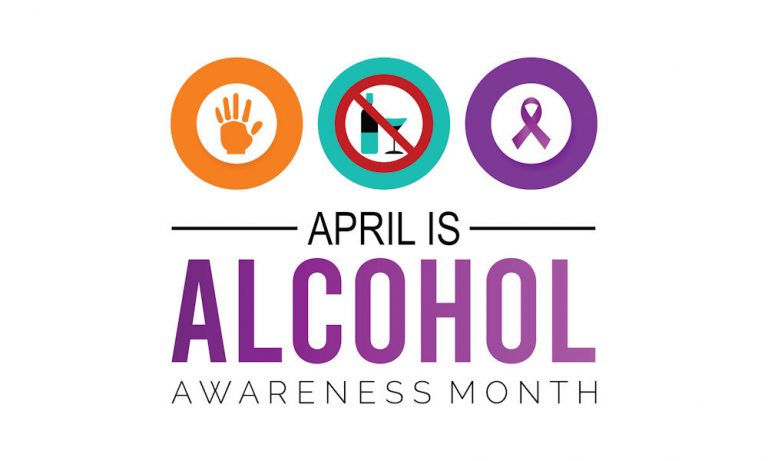Boundary Setting 101: Mastering the Art of Saying “NO”
- Landon Payne
- May 8, 2024
- 2 min read
Recently, I’ve been going through some life changes and needed to take a break to sort things out. Stepping away from the blog is the last thing I wanted to do, but sometimes it's best to let things rest until you can see through the smoke. In preparation of this new phase of life, I reflected on what truly matters to me.
Taking inventory of my most cherished assets—my peace, my close relationships, my independence and my sobriety—I realized that these aren't just things I value; they define who I am. And in nurturing these core aspects of myself, I've come to recognize the important role that boundaries play in safeguarding them. Boundaries aren't just lines we draw; they're the framework that allows us to protect and honor what makes us unique and whole.

For people who are newly sober from alcohol or in the process of getting sober, setting boundaries is particularly crucial. Sobriety marked a significant turning point in my life, requiring a reevaluation of relationships, habits and priorities. During this vulnerable period, establishing clear boundaries became essential for maintaining sobriety and nurturing personal well-being. I've said before that I had a difficult time adjusting to being sober. Setting boundaries and standing ten toes down on them gave me a fighting chance.
It's important to recognize that sobriety is a deeply personal journey, and needs and boundaries may vary.
Communicating our boundaries openly and assertively with friends, family and peers can help establish mutual understanding and respect.

Whether it's declining invitations to alcohol-centric events, setting limits on social interactions or establishing guidelines for supportive behavior, articulating boundaries can empower us to safeguard our recovery and prioritize our well-being.
Respecting boundaries requires self-awareness, empathy and a commitment to honoring the needs and limitations of oneself and others. Realize that some people will test you and not always intentionally. Placing limits, especially when others don’t agree with them, may make you feel selfish, guilty or ashamed. Remind yourself that setting boundaries is an essential part of healthy relationships.
If they try you, calmly state your boundary again and always be clear in doing so. Learn to say no without guilt and recognize when to step back from challenging situations or relationships. Seeking support from sober communities or professional resources are also essential components of boundary-setting in recovery.
Setting and respecting boundaries in the journey to sobriety is an ongoing process that requires patience, self-awareness and commitment. By prioritizing personal boundaries and surrounding ourselves with supportive, understanding people, we can cultivate a nurturing environment that fosters growth, resilience and lasting recovery.
If you’re looking for someone to talk to or need support while struggling with substances, the 988 Mental Health Lifeline is available 24/7! 988 can connect you with trained behavioral health professionals who can get you or a loved one help. 💜



Comments